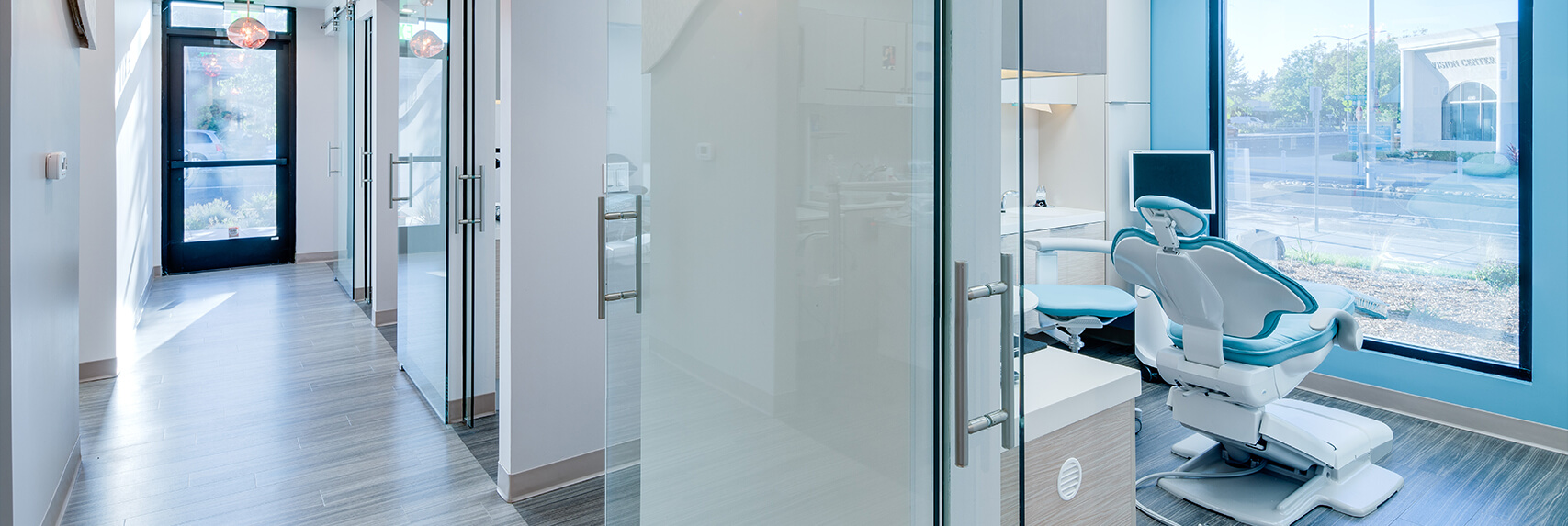Dental Services
in Rohnert Park, CA
At Blue Apple Dental Group, we don’t want our patients to have to visit several practices to receive dental care in Rohnert Park. We proudly take a comprehensive approach to your dental needs that takes into account the health and function of the teeth, gums, and jaw. We notably are a premier implant dentist for those needing more attention to their smile. While we provide dental implant services, our dental services also consist of a range of general, restorative, and cosmetic dentistry treatments. If you have any questions about a service we offer or would like to schedule an appointment with our team, please contact us!
Contact UsPreventive Services
Preventive dental care is essential for patients focused on maintaining optimal oral health. These dental services also help prevent oral health issues. Protecting the teeth and gums is the best way to keep your smile functional and healthy!
- Arestin
- Fluoride Treatments
- Laser Gum Treatment
- Nightguards (For bruxism)
- Oral Cancer Screenings
- Dental Sealants
Restorative Treatments
Dental problems like missing teeth or tooth decay can affect more than just your oral health. If your smile needs some extra help, our team can assess your situation to find the right restorative treatment. With our restorative treatments, our team can help your smile get back in great shape!
- Dental Implants
- Dental Bridges
- Dental Crowns
- Full & Partial Dentures
- Root Canal Therapy
- Dental Extractions
- Dental Fillings
- Oral Surgery
Cosmetic Treatments
Tooth discoloration or misalignment can affect your smile and confidence. Cosmetic dentistry treatments not only help enhance these imperfections but also can boost self-confidence. Whether you want your teeth to be whiter or appear more uniform, we can help you share a beautiful smile!
- Dental Veneers
- Custom Tray Teeth Whitening
- One-Visit Teeth Whitening
Sedation Dentistry
Do you experience fear or anxiety at dental visits? You’re not alone. At Blue Apple Dental Group, we understand dental anxiety and are here to help. Our sedation dentistry option allows us to provide a safe, comfortable, and calm environment for patients who struggle with dental anxiety. If you’re interested in learning more about sedation dentistry, contact our office!
Contact Us




